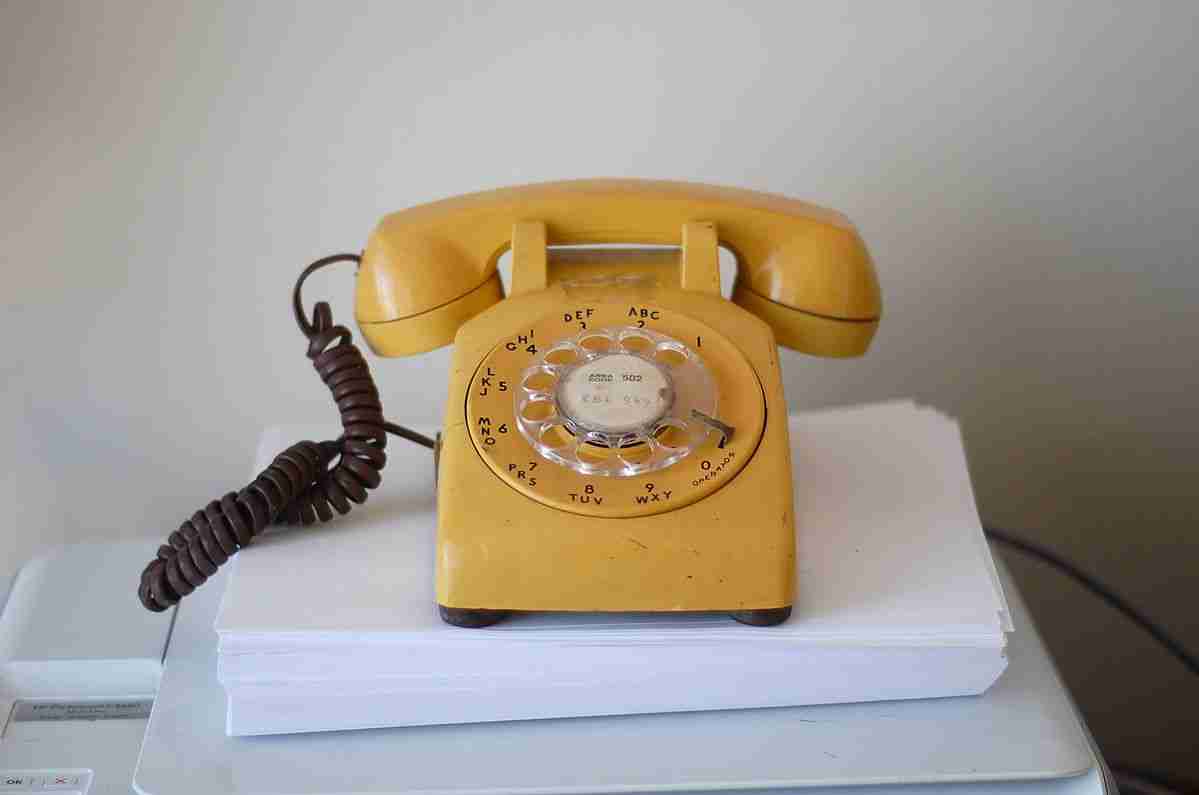PHOTO COURTESY OF WIKIMEDIA
MIAMI – Federal officials are giving some local families hope that they will finally receive the help they need to recover from Hurricane Irma.
Recently, the United States Department of Agriculture (USDA) approved a waiver for the Florida Department of Children and Families (FL DCF) to administer telephone interviews for individuals with special needs who pre-registered online for the Federal Disaster Supplemental Nutrition Assistance Program.
This decision comes after a recent federal court hearing in the class action lawsuit filed by The Miami Workers Center, The New Florida Majority, the Health Rights Clinic at University of Miami, The Community Justice Project and Florida Legal Services challenging DCF’s procedures on administering the emergency hurricane assistance program after Hurricane Irma.
“This is an historic and unprecedented move because up until now, phone verification for disaster food stamp benefits have never been allowed before,” said New Florida Majority Executive Director Andrea Mercado. “The decision is just one step in helping to address some of the hurdles families faced trying to recover from the state’s biggest weather disaster in the last 25 years.”
The organizations sued the state arguing the state had failed to follow the law in allowing procedures that had left more than 310,000 pre-registered Floridians without an interview, including more than 37,000 elderly households.
Now, according to the waiver approved by the USDA, FL DCF will be able to conduct phone interviews to all individuals with special needs, or any head of household older than 60 years of age who pre-registered for D-SNAP before November 9. The interviews will take place on December 23 throughout the state of Florida.
Those eligible participants who have valid identification and who are approved for these benefits will receive an EBT (Electronic Benefits Transfer) card via US Mail.
COMMUNITY RECOVERY STILL TAKING TOO LONG
This fall, Hurricane Irma left 48 counties in Florida as designated disaster areas, leaving hundreds of thousands of residents without running water and electricity to power their refrigerators and cooling appliances for days. Residents looking for recovery resources turned to local and federal government for disaster related Supplemental Nutrition Assistance Program known as D-SNAP.
However, Florida’s implementation of the program has been fraught with problems.
Although Florida already allows telephone interviews for regular food stamp applicants, DCF demanded in-person interviews, initially refusing to request waivers to conduct telephone interviews or operate out of community centers.
Instead, the costly mass sign-ups created their own chaos as residents faced record long lines soliciting help to get back on their feet.
In Broward, overwhelming turnout forced site closures just hours after opening. In Miami, there were reports of applicants fainting in line. In Jacksonville, lines reportedly formed by 3 a.m. Applicants were forced to stand in hours-long lines in the sweltering heat, regardless of age or ability.
As a result, 310,011 households who completed the pre-registration process for DSNAP were not able to complete FL DCF’s in-person interview requirements, including 37,312 elderly households.
While the window for these residents has opened, the door is still closed for far too many people that still need help recovering from the September disaster.
“Even though this victory is significant, the plaintiff in the lawsuit will continue with the proceedings until all Floridians get back on their feet after the hurricane,” said Mercado. “As leaders across different sectors look to improve disaster planning and services, we look forward to creating a disaster recovery mode in Florida that serves all local residents and sets a precedent that other states can use in similar emergencies.”
For additional information on the proceedings, visit: http://communityjusticeproject.com/dsnap.













No Comment